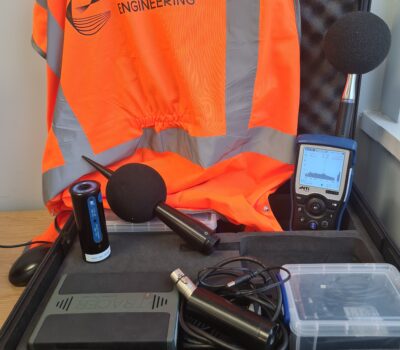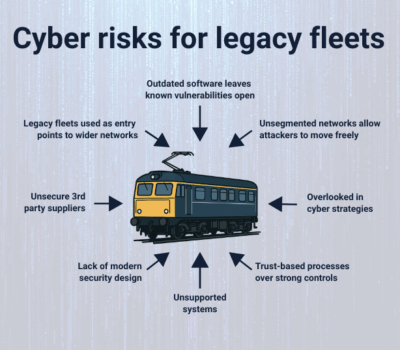What is a Gemba walk and how it could it benefit your depot
In the realm of operational excellence, the Gemba walk stands out as a powerful tool for driving improvement and innovation. In the context of rail depots, conducting Gemba walks offers a unique opportunity to delve into the heart of operations, fostering a deeper understanding of processes, identifying inefficiencies, and empowering teams to implement transformative changes.
In this article we explore what a Gemba walk is and the far reaching benefits they can provide for depot management, ultimately leading to enhanced efficiency, safety, and performance.
What is a Gemba walk?
The concept of Gemba walks revolves around the principle of direct observation and engagement with the actual place where work is performed.
Originating from the Japanese term “Gemba,” which translates to “the real place,” this practice involves leaders and managers going to the shop floor, factory, or any other operational area to observe processes, ask questions, and gain firsthand insights into operations.
Gemba walks emphasise the importance of understanding work processes, identifying inefficiencies, and fostering a culture of continuous improvement through collaboration and frontline involvement. By actively participating in Gemba walks, organisations can uncover opportunities for optimisation, enhance communication, and drive sustainable improvements in quality, efficiency, and safety.
What are the benefits of a Gemba walk?
By incorporating Gemba walks into depot management practices, rail depots can drive continuous improvement, enhance operational effectiveness, and foster a culture of collaboration and accountability among staff. This proactive approach to management enables depots to adapt to changing demands, optimise resources, and deliver reliable and efficient rail services to passengers and freight customers.
Below we’ve outlined some key benefits from conducting a GEMBA walk:
Improved Operational Efficiency: By observing work processes and workflows during Gemba walks, depot managers can identify bottlenecks, waste, and inefficiencies. This enables them to implement targeted improvements to streamline operations, reduce cycle times, and optimise resource utilisation.
Enhanced Quality Control: Gemba walks provide an opportunity to assess the quality of maintenance and repair work firsthand. By observing work in progress, managers can identify any issues or deviations from standards and take corrective actions promptly to ensure that work meets safety and quality requirements.
Empowered Frontline Workers: Engaging frontline staff in Gemba walks fosters a culture of continuous improvement and empowers employees to contribute their insights and suggestions for enhancing depot operations. By involving workers in problem-solving and decision-making processes, managers can tap into their expertise and promote a sense of ownership and accountability.
Increased Safety Awareness: Gemba walks enable managers to assess safety practices and identify potential hazards or risks in the depot environment. By actively engaging with frontline workers and discussing safety concerns, managers can reinforce safety protocols, address safety issues promptly, and promote a culture of safety awareness and compliance.
Enhanced Communication and Collaboration: Gemba walks provide an opportunity for managers to interact directly with frontline staff, supervisors, and other stakeholders. This promotes open communication, encourages dialogue, and fosters collaboration across different departments and teams within the depot.
Real-Time Problem Identification and Resolution: Gemba walks facilitate real-time observation of operational issues and challenges. Managers can identify problems as they arise, discuss them with relevant stakeholders, and implement immediate solutions or corrective actions to prevent further disruptions or delays.
The challenge
While Gemba walks offer numerous benefits for depot operations, often there just isn’t enough time for those working in the depots to do it outside their day to day activities. Conducting Gemba walks requires dedicating time and resources to visit the depot floor, observe processes, and engage with frontline workers. Depot managers and staff may feel that they have limited resources available for conducting Gemba walks amidst their other responsibilities and operational priorities.
A GEMBA walk is a tool to enhance continuous improvement – its not about finding fault or picking holes in existing practices, it’s simply an opportunity to step back and review practices with fresh eyes with a view of making tasks easier to do going forward – which could relieve the workload of staff, save time and money.
Get in touch
If you don’t have the time or training to conduct a GEMBA walk – we can help. Call +44 (0) 1332 323060, email enquiries@encompass-engineering.com or complete our contact form to find out how we can help your business.






